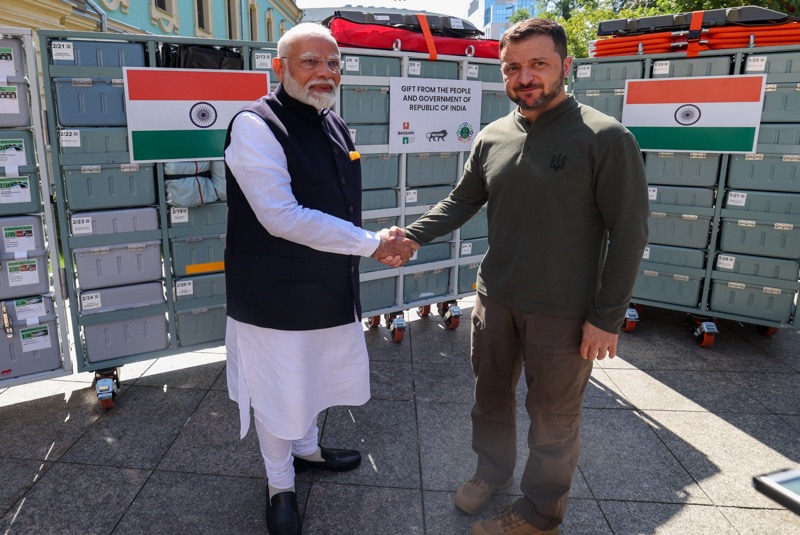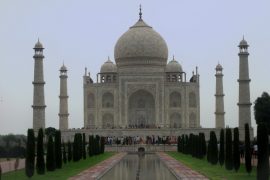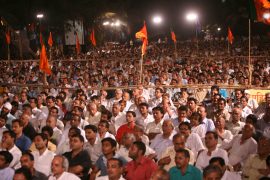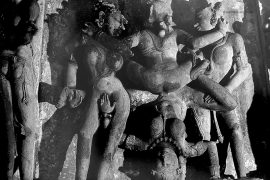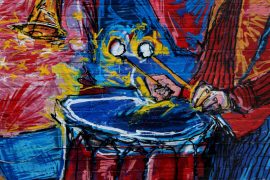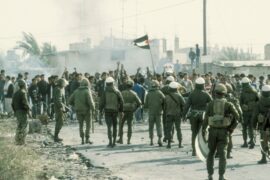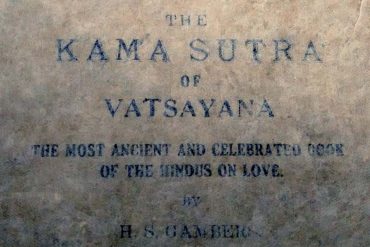In 2022, speaking about the War between Ukraine and Russia during the G-20 meeting in New Delhi, Prime Minister Modi said, “This is not an Era of War”. His remark was well taken. However, the era of war has continued and shows no signs of ending. It has caused enormous damage to life and property. Ukraine has been devastated.
In an attempt to mediate peace between the warring Nations, Prime Minister Modi visited Russia and Ukraine recently within a gap of five weeks. In his well-orchestrated appearances, he said peace will not emerge from the battlefield and reiterated the need to shift to negotiations and diplomacy to end the conflict.
At the end of the Indian Prime Minister’s visit, President Zelinsky, in a press conference, rejected the Indian Prime Minister’s offer, saying that he wanted “India on his side and not balancing between us and Russia”. Zelinsky said that if India stopped buying oil from Russia, the war would stop.
Prime Minister Modi’s emphasis on dialogue as the solution to ending conflict would sound better if it were not confined only to the war in faraway Europe. One could ask why negotiations and dialogue are not considered to solve conflicts as closely as the one in Manipur. The tiny state of Manipur has seen devastation since the outbreak of conflict between the majority Meitei community and the Kuki-zo hill tribe in May 2023.
The provocation emerged from a directive the High Court of Manipur gave to the state government to extend tribal status to the majority Meitei community. This would have immediately given that community the right to acquire land in the hill areas inhabited by the Kuki-zo hill tribe—a loud and clear danger signal to the Kuki-zo and the beginning of an ongoing conflict.
The High Court directive was later scrapped by the Supreme Court. However, it was done much after the conflict had flared up—after many lives were lost, many dispossessed, others raped with the connivance of the State police. A large number of people fled to the neighbouring states of Mizoram, Meghalaya and Assam; the conflict has led to the death of More than 225 people. Another 60,000 people, largely women and children, are living in makeshift relief camps with no facilities.
The central government has refused even to allow a discussion in Parliament on the conflict between the majority Meitei community and the Kuki-zo hill tribe. This is despite repeated and heated calls for such a discussion by the opposition parties.
If we are not for solutions to conflicts by armed means on the battlefield (as in Ukraine), then why was the majority Meitei community in Manipur allowed to raid a police armoury and take away large numbers of sophisticated weapons? Why has no one been held responsible for this, and why has the government allowed an unequal conflict to continue?
On 1 July 2024, the Manipur Member of Parliament, Bimol Akoijam, spoke with deep anguish in Parliament about the total silence on the burning issue of devastation in Manipur by the President in her address to the new Parliament. The President’s address is an expression of the government’s policies and priorities. He asked if Manipur wasn’t a part of India and if it did not even merit so much as a mention in the President’s address.
Are the growing numbers of dead, displaced and injured in Manipur not citizens of India? Can the President and the government turn a blind eye to their misery? Is Manipur not being treated like a colony of the Indian State?—he asked. Mr Akoijam said that the states of North East India were being given the treatment that colonial rulers gave to their colonies. The masters decide, and the natives are not given a chance to have any say in issues that concern them.
Now, after the return of Prime Minister Modi from Ukraine, we may also ask: If the solution to the conflict in Ukraine is through negotiations and dialogue, why isn’t the solution to the conflict in Manipur through dialogue and negotiation?
The government in New Delhi is adamant that the double-engine government in Manipur, led by BJP leader Biren Singh of the majority Meitei community, is bringing the state back to normalcy. The people of Manipur do not see any return to normalcy but are not allowed to share their views.
Manipur is being allowed to run down. Its burnt and abandoned homes and villages are allowed to perish. Let those who have fled not be allowed to return to rebuilding their lives. Many say that the land in parts of Manipur is exceptionally rich in mineral resources. It makes sense to ‘clear’ this land and hand it over to favourite corporations for a handsome profit in return.
Prime Minister Modi’s government has made it amply clear that it has one standard for solving conflict issues in faraway countries. It has another solution for conflicts in the states in India. In Manipur, it prefers silence—no discussion at all, not even in Parliament, about the nature and solution to the conflict in Manipur. Let Manipur suffer. This is not an Era of peace in Manipur. On the war in Ukraine, Prime Minister Modi said that India was not neutral but on the side of peace. But that was about Ukraine, not about Manipur.
-30-
Copyright©Madras Courier, All Rights Reserved. You may share using our article tools. Please don't cut articles from madrascourier.com and redistribute by email, post to the web, mobile phone or social media.Please send in your feed back and comments to [email protected]

